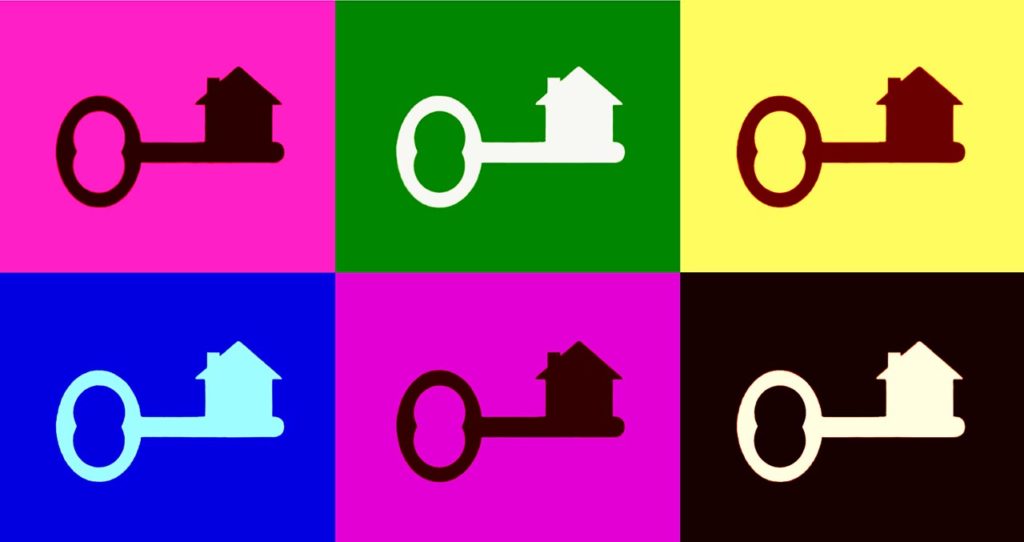
California Democrat and State Assembly Speaker Anthony Rendon collects income from four rental properties in Sacramento and Los Angeles. At first glance, this doesn’t seem out of the ordinary, but he is far from the only lawmaker to double as a landlord. A CALmatters analysis of required financial disclosure documents revealed that 30 lawmakers, or 25% of the Legislature, own one or more properties that generate income. This situation could explain why bills that expand renters’ rights have failed to pass over the years. Could blockchain technology help?
California Lawmakers Fail to Pass Rent Control Bills
Over the past years, there were various bills to expand rent control, require “just cause” for evictions, and provide other renters’ protections. However, these have all failed to pass. Tenant advocacy groups say that the cause of this is the influence of the landlord and developer lobby. This lobby blocks the tenant advocacy groups from communicating effectively with the lawmakers. Surely, the fact that 25% of lawmakers are landlords themselves does not help the situation.
Spinning the Narrative Against Renters
Lawmakers are not willing to touch a controversial topic like rent control for a variety of reasons. One reason is that homeowners are the ones who are more likely to vote. At the end of the day, lawmakers rely on voters to keep their jobs. So, if they can pass legislation that will favor their voters, they will do it. Furthermore, lawmakers are being swayed by a narrative that tenant protections are attacking and hurting the poor, small “mom-and-pop” homeowners who are just trying to survive.
Lawmakers Should Consider Blockchain Legislation for Real Estate
If they care about renters’ voices, California lawmakers should consider implementing blockchain legislation that will improve the real estate industry. Homeowners, landlords, renters, and everyone in between will benefit from the elimination of middlemen, increased transactional efficiency, and the transparency that comes along with blockchain technology. Smart contracts are perfect for complex contracts and agreements, and they also reduce the need for any human processing and verification. For example, using cryptocurrency to pay rental deposits can guarantee that landlords cannot prematurely spend the funds. Additionally, token sales can help real estate companies to launch construction financing projects to build more affordable housing in a state that needs it.
These are just a few examples of what blockchain technology can bring to California and the real estate industry. With some government assistance, real estate blockchain initiatives can be empowered to bring more benefits.






